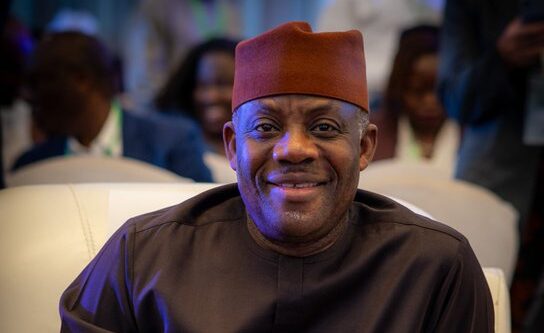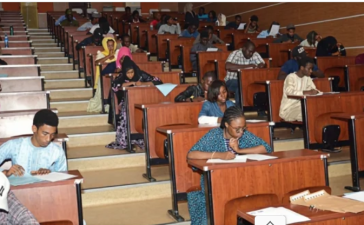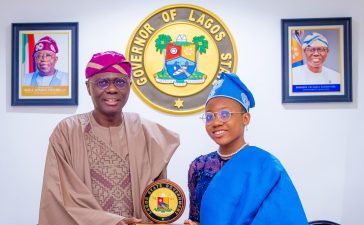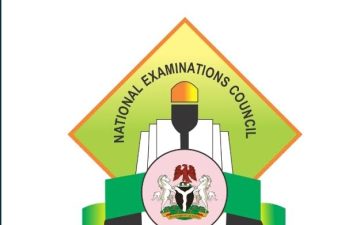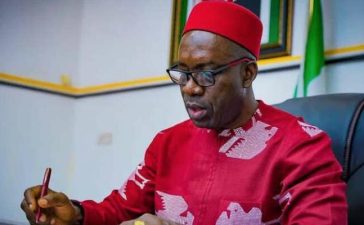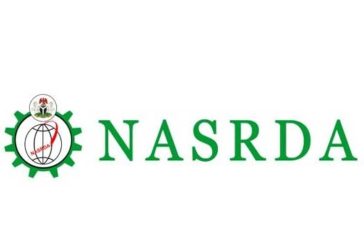The Federal Government has issued a new directive setting 12 years as the minimum age for admission into Junior Secondary School 1 (JSS1), following the completion of six years of primary education.
The guideline is outlined in a recently launched policy document on Non-State Schools, published by the Federal Ministry of Education.
Non-state schools—also referred to as private, independent, or non-government schools—are institutions that are not operated by government authorities and are usually financed through tuition fees, donations, and community or religious group support.
The policy emphasises the role of non-state schools in Nigeria’s education landscape while addressing inconsistencies in standards across these institutions.
Providing a clear roadmap for age-based educational progression, the document states:
“Nursery education shall be of three years’ duration. Children shall be admitted into Nursery One at age three, Nursery Two at age four, and Kindergarten (compulsory pre-primary education) at age five.”
For basic education, which spans nine years, the policy affirms a structure of six years of primary school followed by three years of junior secondary. Children are to be admitted into Primary One at age six, and then proceed to JSS1 at about age 12.
This framework aims to ensure that students complete secondary education around age 18—aligning with earlier federal guidelines for university entry.
Though former Education Minister Prof. Tahir Mamman set 18 as the minimum age for university admission, the current Minister, Dr. Tunji Alausa, has since revised it to 16 years.
Data from the Nigeria Education Digest 2022 reveals that non-state schools dominate at the junior secondary level in at least 26 states, while state schools retain the majority at the primary level in 19 states.
Between 2017 and 2022, private education in Nigeria witnessed significant growth:
- Non-state primary schools grew by 31.56%
- State primary schools grew by only 3.3%
- Non-state JSS schools increased by 35.06%
- State JSS schools rose by 6.8%
The Federal Government says the updated policy will help bring structure, equity, and accountability to the fast-growing private education sector, while ensuring children follow a developmentally appropriate academic timeline.

